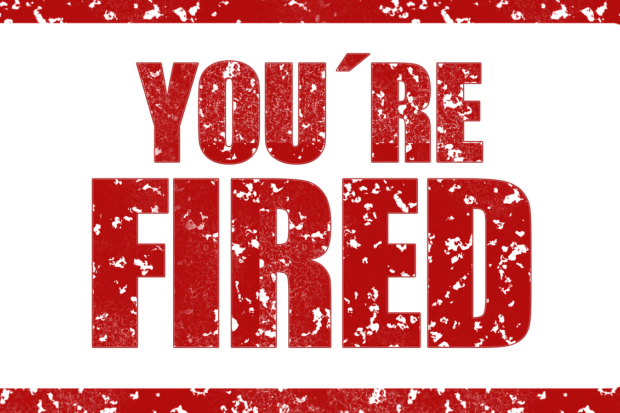Where to Turn When You’re Laid Off — Should it Be TikTok?

If you are among the Generation Z set, you have few inhibitions about openly sharing aspects of your life on social media. Living an authentic life — a life where you share your ups and downs across several media platforms, possibly several times a day — feels natural to you. Now it appears that includes when you’re laid off from your job.
Whether the intent is to process emotions, help heal the wounds, solicit sympathy, or de-stigmatize the experience for others — or all of the above — videos of receiving and reacting to the news of a layoff can amass up to a half million views and thousands of comments within hours.
What was once considered cause for embarrassment or even secret shame has now become cause for opening the commiseration floodgates. Instead of retreating in disgrace, the new attitude is to create a sense of solidarity among those finding themselves in a similar position.
No doubt about it, getting laid off sucks. It can be particularly depressing if it’s via a video call while working remotely — making you feel even more isolated. Posting the experience of a job loss through the various stages of grief — from shock to denial, depression, shame, and anger — has become a type of catharsis.

But before taking to TikTok or other social media to broadcast your newfound unemployed status, it’s smart to first ponder the pros and cons. Here are some you’ll want to consider:
Pros
1. Activate your network. Announcing on social media that you’ve been laid off can trigger your contacts to offer support and potentially re-share your post that can lead to job leads. Your contacts will see your post and may start thinking about who they know who can help you.
2. Lead to offers from recruiters. Depending on what platform you choose to share your video on, it may catch the attention of recruiters with desirable job opportunities. Knowing this, you’ll want to keep your video professional.
3. Offer a means of healing. By formulating your message, you may come to better accept the situation and to acknowledge the experience you’ve gained from the job that will help launch you into a better position. You will need to frame the experience in future interviews, and creating a video gives you the pause you need to reflect.
4. Normalize a negative experience. Your account may allow others to recognize that being laid off happens and not to feel abandoned or ashamed.

Cons
1. Brand you as unhirable. This type of stunt can work the first time perhaps. But it also has risks in that a huge number of people learn that you were let go/fired. If you ever are let go or fired a second time, hiring managers will find the first video in their due diligence and brand you as potentially unhirable going forward.
2. Raise legal hackles. The legal department at the firing company could retaliate. Especially if you’re in violation of a non-disclosure agreement that you signed to get any severance pay.
3. Provoke backlash. If revenge is your intent and you let loose with a harangue of bitterness or contempt for your boss or the company, you may stigmatize yourself when recruiters or potential employers see the post. Once your post is out there, it’s out there.
4. Earn negative notoriety. Sure, your layoff post may go viral and allow you to accrue thousands of view. But ask yourself, is this the type of fame you want to be known for? Will you forever have to live down your reputation as the young professional who overshared their experience of getting laid off?
5. Frighten away your next boss. Many potential bosses think that if you posted once, you’ll do it again. Most prospective employers want to hire people who will solve problems, not create them. So weigh the rewards and risks carefully before you post.
The desire to share personal stories in our digital world is understandable. But if you decide to post about getting laid off, make sure you know your severance terms. And steer clear of including any malicious messaging!
This guest post was authored by Vicky Oliver
Vicky Oliver is a leading career development expert and the multi-bestselling author of five books, including Bad Bosses, Crazy Coworkers & Other Office Idiots (Sourcebooks, 2008), and 301 Smart Answers to Tough Business Etiquette Questions (Skyhorse, 2010). She is a sought-after speaker and seminar presenter and a popular media source, having made over 901 appearances in broadcast, print and online outlets. Vicky Oliver is the Nonfiction Editor at LIT Magazine, the Journal of the New School Masters in Fine Arts Creative Writing, and teaches essay writing at the New York Writers Workshop. For more information, visit vickyoliver.com.
******
Ms. Career Girl strives to provide valuable insights you can use. To see more from our columnists and guest authors, check these out! Or subscribe to our weekly email featuring our latest articles. We’re also present on Medium!

